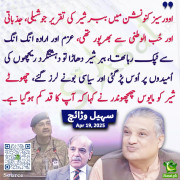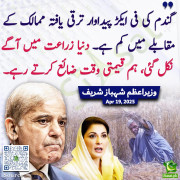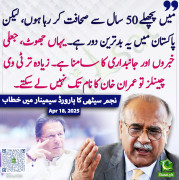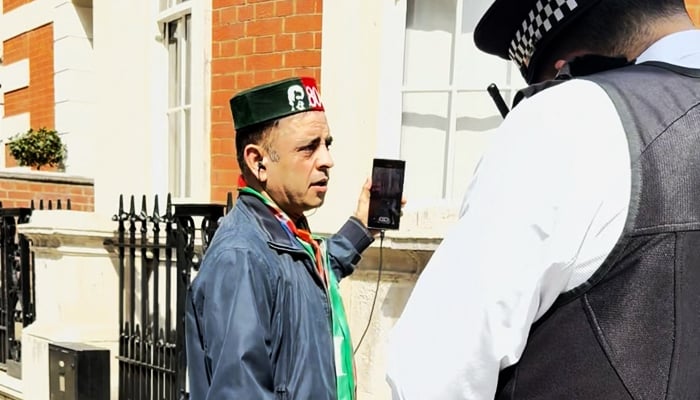You are using an out of date browser. It may not display this or other websites correctly.
You should upgrade or use an alternative browser.
You should upgrade or use an alternative browser.
The proper understanding of definition of word TAQWA is fundamental to understanding what islam is all about.
In islam there is no concept of vice and virtue, sin and forgiveness. It is because these are useless religious concepts and islam is a nizaam=rule of law. In islamic sense you are either right or wrong in legal terms ie either you are law abiding or law breaker. Being consistent with divine law is called taqwa and breaking the law is called by various names eg zulm, fisq, ism, kufr, shirk etc etc.
Allah has sent his constitution for people to form into an organisation ie a human society or an association based upon common good principle. If one has no sense of this bsic fact then one will not be able to interpret the quran correctly.
The quran is all about telling us how to live a good life in this world so that we have better hereafter. It is mullas who do not want us to think this way because they want to rule, use and abuse us.
They have created a parallel thing called religion in the name of islam against islam that is in the quran. Which is based on hindu, parsi and christian concepts.
Brahaman gurus sit in a mandir and chant certain words and think that is virtuous eh om. Christians likewise do hail marys etc. Muslims mullas have turned muslims the same way. Sit in a quiet corner and chnat away alla-hoo.
One cannot bring change in the world to make mankind live as a single family by doing things like these. If we want to bring together people then we need to make it our goal and work towards it.
This means taking real interest in real peoples' lives and caring and sharing with them so that we make each others life worth living.
As for daadhi, kurta, pajaama, pagdi etc, they are not islamic dress code standard. The prophet wore clothes the way his ancestors and associates did. He did not give up the dress he used to wear after claiming prophet-hood nor he made any changes to his life other than things that he thought were harmful for people.
It does not make one virtuous per se to try to look like the prophet. What is important is following what he commanded in the name of Allah for the good of mankind ie being consistent with divine law.
In islam there is no concept of vice and virtue, sin and forgiveness. It is because these are useless religious concepts and islam is a nizaam=rule of law. In islamic sense you are either right or wrong in legal terms ie either you are law abiding or law breaker. Being consistent with divine law is called taqwa and breaking the law is called by various names eg zulm, fisq, ism, kufr, shirk etc etc.
Allah has sent his constitution for people to form into an organisation ie a human society or an association based upon common good principle. If one has no sense of this bsic fact then one will not be able to interpret the quran correctly.
The quran is all about telling us how to live a good life in this world so that we have better hereafter. It is mullas who do not want us to think this way because they want to rule, use and abuse us.
They have created a parallel thing called religion in the name of islam against islam that is in the quran. Which is based on hindu, parsi and christian concepts.
Brahaman gurus sit in a mandir and chant certain words and think that is virtuous eh om. Christians likewise do hail marys etc. Muslims mullas have turned muslims the same way. Sit in a quiet corner and chnat away alla-hoo.
One cannot bring change in the world to make mankind live as a single family by doing things like these. If we want to bring together people then we need to make it our goal and work towards it.
This means taking real interest in real peoples' lives and caring and sharing with them so that we make each others life worth living.
As for daadhi, kurta, pajaama, pagdi etc, they are not islamic dress code standard. The prophet wore clothes the way his ancestors and associates did. He did not give up the dress he used to wear after claiming prophet-hood nor he made any changes to his life other than things that he thought were harmful for people.
It does not make one virtuous per se to try to look like the prophet. What is important is following what he commanded in the name of Allah for the good of mankind ie being consistent with divine law.
Last edited:
© Copyrights 2008 - 2025 Siasat.pk - All Rights Reserved. Privacy Policy | Disclaimer|

































